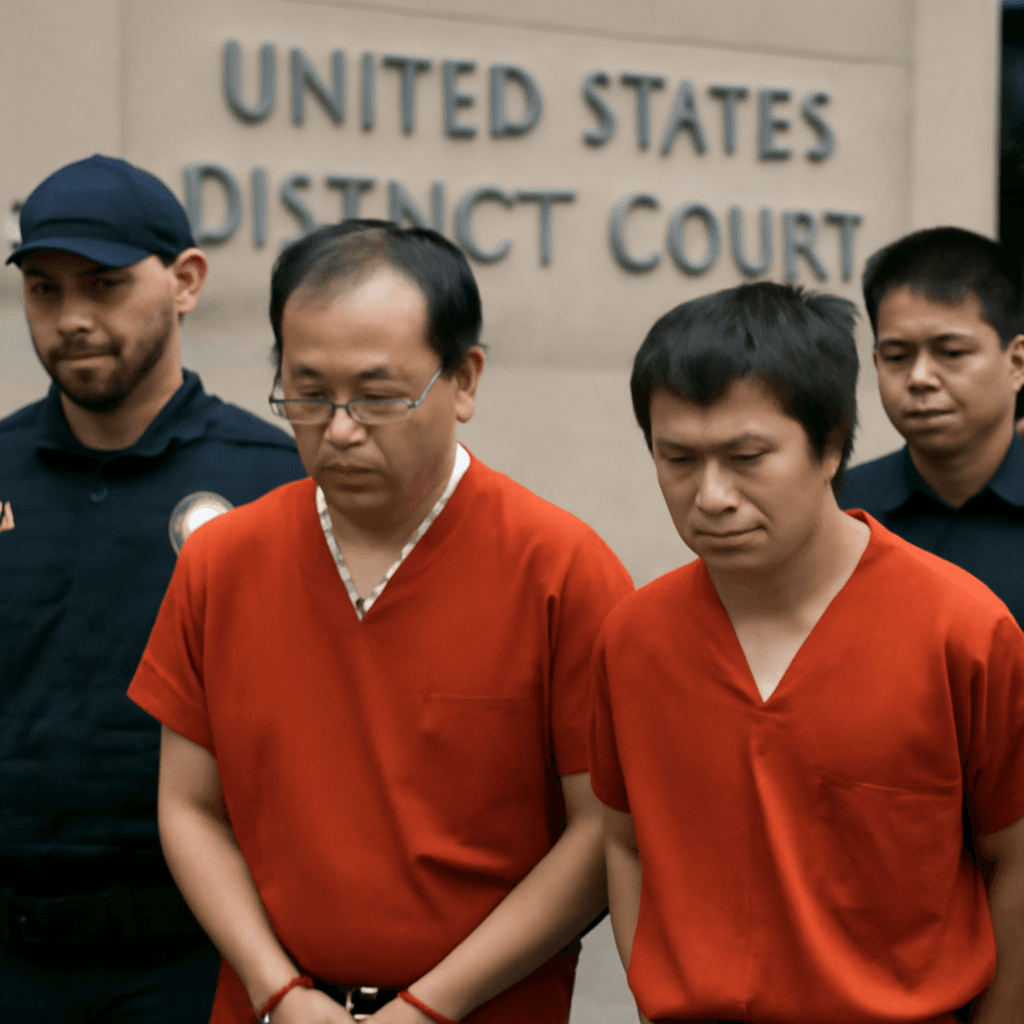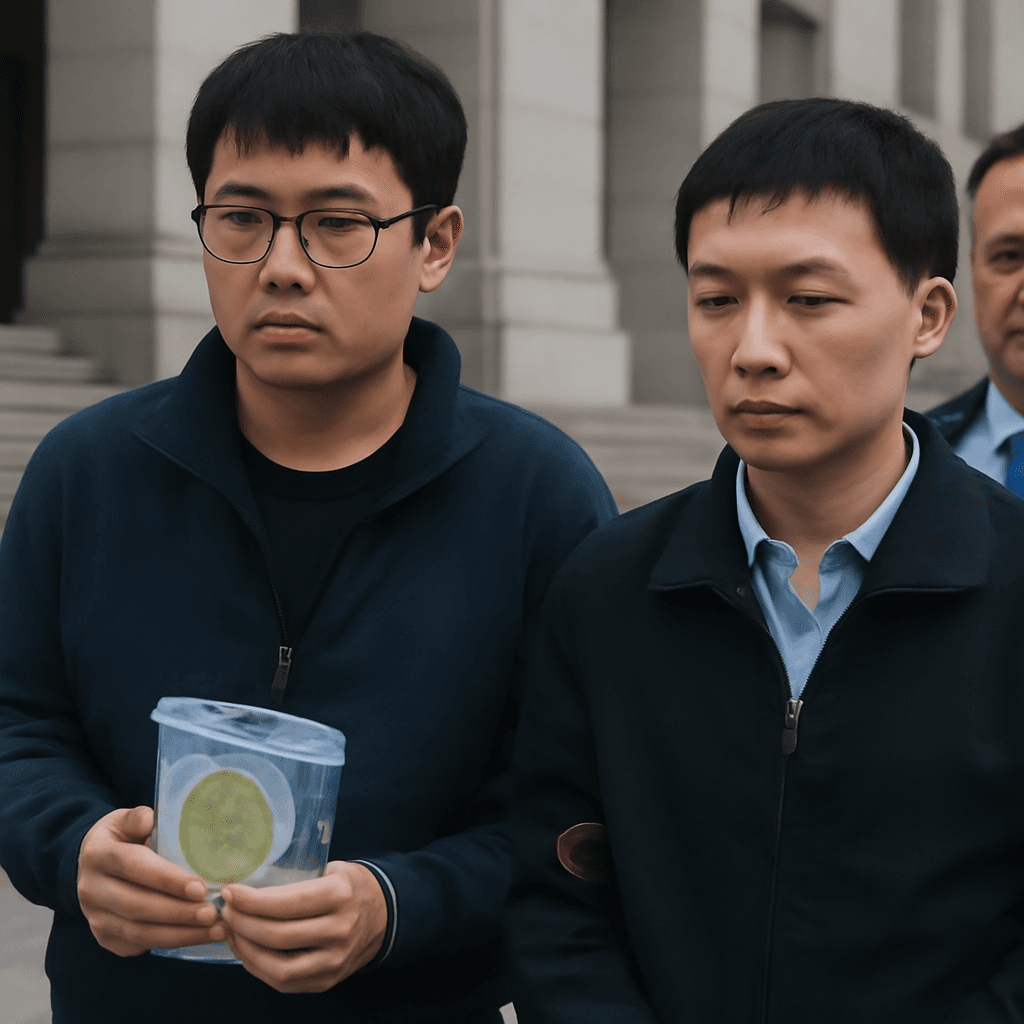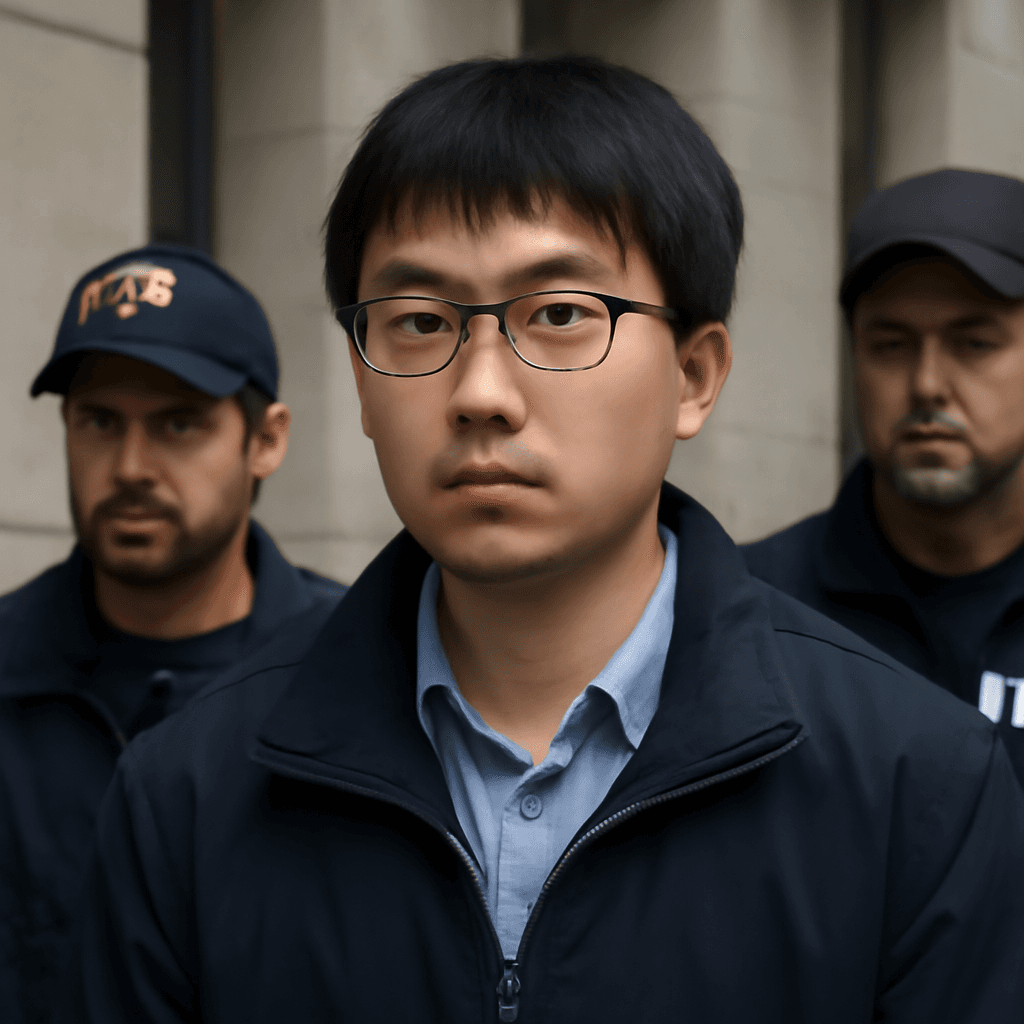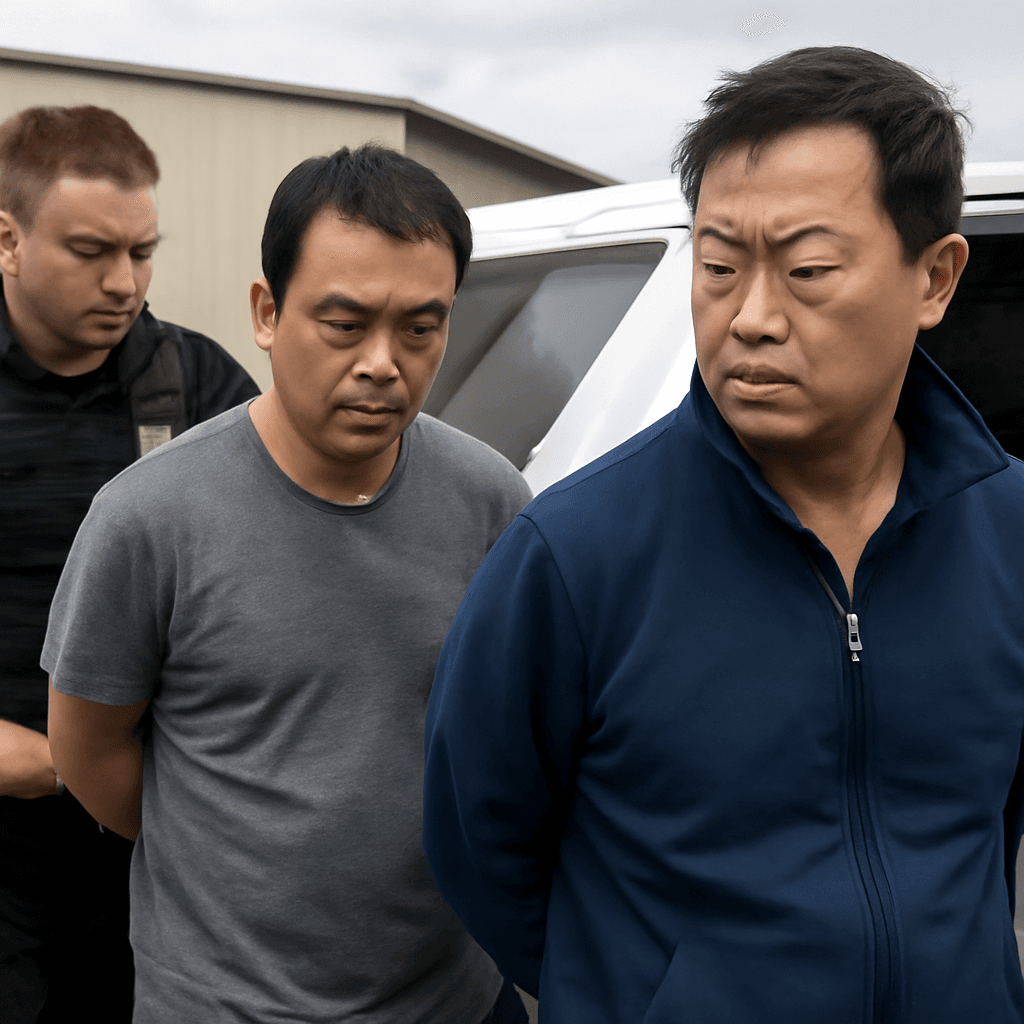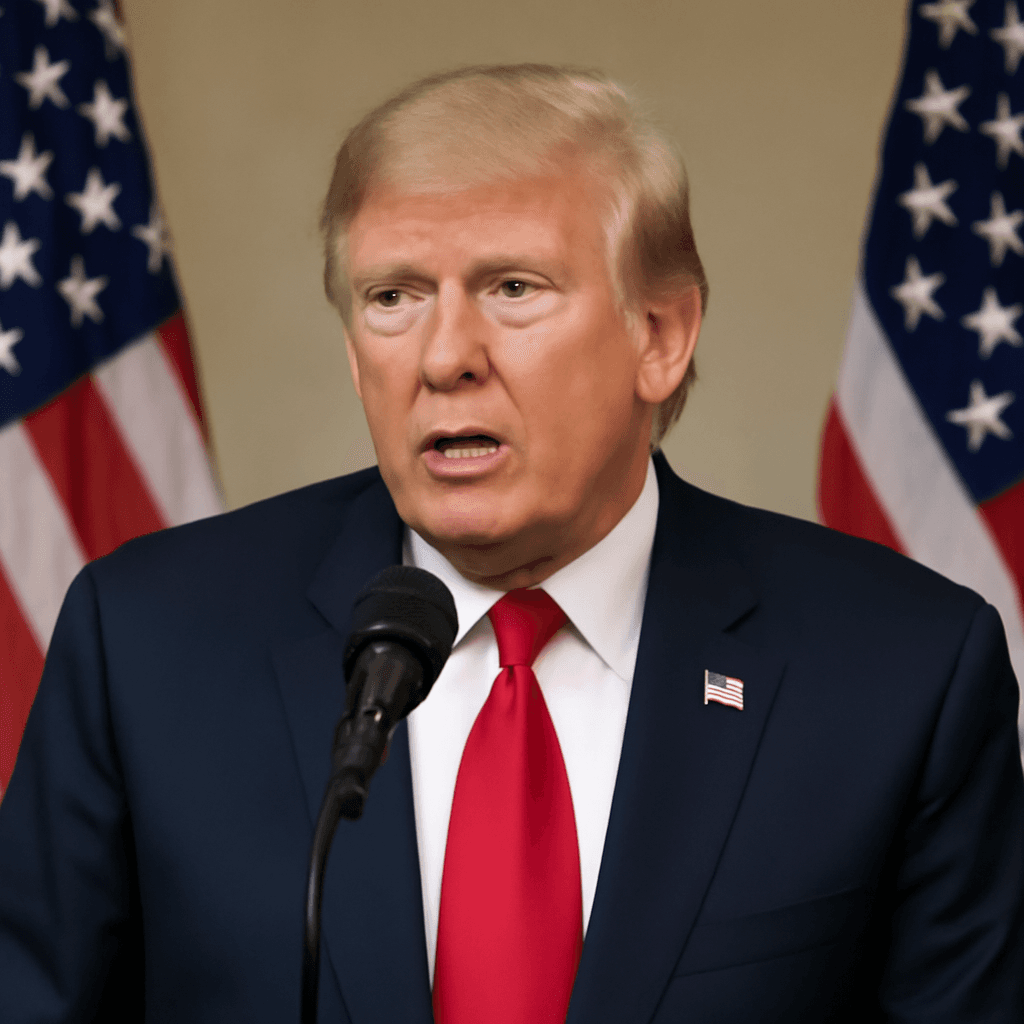Overview of Pathogen Smuggling Incident
Two Chinese nationals have been apprehended for allegedly smuggling Fusarium graminearum, a harmful biological pathogen, into the United States. Authorities highlight the pathogen's potential use as a tool for agricultural terrorism, raising serious national security concerns.
Details of the Pathogen and Its Risks
Fusarium graminearum is a fungus known to cause head blight in cereal crops, resulting in significant agricultural and economic damage. The pathogen's toxins can also lead to severe health effects including vomiting, liver damage, and reproductive issues in both humans and livestock.
The Accused and Charges
The individuals identified are Zunyong Liu, 34, and his girlfriend, Yunqing Jian, 33. Liu reportedly transported the pathogen into the U.S. during a July 2024 visit to Jian, who is affiliated with a University of Michigan laboratory. Electronic communication between them corroborates their collaboration.
Both individuals face multiple charges including:
- Conspiracy
- Smuggling prohibited goods into the United States
- Making false statements
- Visa fraud
Jian is also noted to have received funding from the Chinese government for her research involving this pathogen, with additional evidence linking her to the Chinese Communist Party (CCP).
Law Enforcement Statements and National Security Implications
FBI Detroit Field Office Special Agent in Charge, Cheyvoryea Gibson, emphasized the threat to public safety posed by the duo's actions. The U.S. Attorney overseeing the case further described their conduct as a grave national security concern, stressing the deliberate intention to exploit a major American university laboratory for illicit research.
FBI Director Kash Patel highlighted this case as a stark reminder of the CCP's efforts to infiltrate U.S. institutions and potentially compromise the national food supply.
Broader Context and Government Response
This incident emerges amid heightened tensions between the U.S. and China, specifically relating to espionage and intellectual property risks. Recent policy shifts include stricter visa scrutiny and revocations targeting Chinese students and researchers with CCP ties or involvement in sensitive scientific fields.
U.S. officials have announced enhanced screening efforts for visa applications from both the People's Republic of China and Hong Kong. The investigation into this case was a joint effort between the FBI and U.S. Customs and Border Protection.

